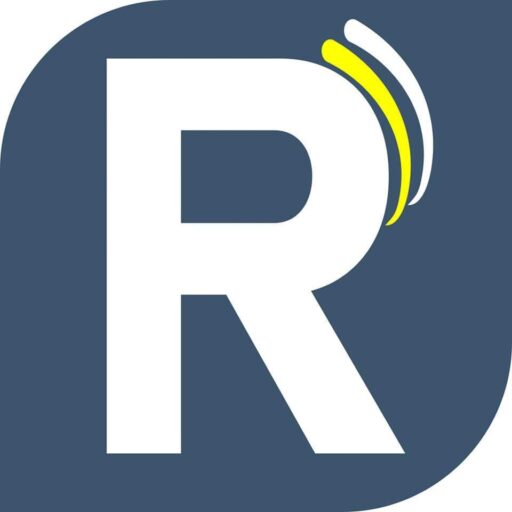With oil prices hovering around $100 a barrel, Nigeria earns about $200 million a day from the global oil market. Who are the primary beneficiaries of these earnings? About 20 years ago, her 58% of Nigerians lived in absolute poverty.
This means that approximately 70 million people cannot spend N98 (1.25 adjusted for the cost of living in each country, or purchasing power parity) per person per day on food and other basic needs. , equivalent to not being able to pay for a light lunch and two haircuts. Or half a gallon of gas in Nigeria, but not a medium-sized cup of Starbucks coffee in the US or Costa coffee in the UK.
At that time, there were no Nigerians on the Forbes World Billionaires list. By 2010, these numbers had increased. The number of poor he has increased from 69 million in 200 to over 100 million, and the number of millionaires has probably gone from zero to two. And by 2020, the number of billionaires will rise to five, with about half of the country’s population living below the poverty line.
In 2010, seven out of ten Nigerians were considered poor on this measure. The combined net worth of these billionaires is around $2 billion, or $ .6 billion per person. Given that the median income of Nigeria in 2020 (adjusted for the share of billionaire wealth) is US$1,300, the monetary value of a billionaire adds to the total income of over 3 million Nigerians. almost equivalent.
This means that for every Nigerian on the Forbes list, about 22 million citizens fell into poverty. Is this a coincidence? That the cost of making or making a millionaire in that country is the same as impoverishing over 20 million people? The point is that the poorer the poor, the richer the rich.
Are billionaires getting rich on the backs of the poor, fueled by corrupt government policies? Of these mentioned billionaires he has three in the oil business and one in the telecommunications industry as his primary/sole source of wealth. However, the oil industry has not developed as expected. B. More than 80% of his gasoline (or petrol) consumed domestically is imported.
This is on top of sporadic deliveries and queues at local pump stations.Internet service is not robust, not to mention the availability of broadband connections.
The question is how do these billionaires make their profits? If the system and # 0; or market environment is not working efficiently and the rules are being manipulated?and# 1; or something just doesn’t fit? This question reminds me of what George Stigler argued in his Theory of Economic Regulation.
Governments use this power to force citizens to pay taxes and obey rules. This coercion can be used to help some individuals and industries at the expense of others. By trying to influence how the state uses coercion, corporations seek to “buy” one or more of the government’s four major products. controlling participation in competition; regulating product substitution or replenishment; and fixing prices. ”
However, it should be noted that being a millionaire is not a crime unless the economic rules and policies governing the creation of millionaires are perverted. . In a more equitable society, where the pie is growing and the incomes of the richest are rising, inequality should not grow so rapidly.
But it also helps expand the size of the national pie, thereby freeing the poor from the iron grip of poverty. Is there a way to “the rising tide that lifts all ships”? Lack of skills prevents the poor from participating in new economic opportunities, so investing in the human capital of the poor: education and income-generating skills to foster their growth. I can. Today, the lack of a developed country system to provide Nigerian youth access to student loans to finance their college education leaves a significant shortage of the financial resources needed to invest in human capital. As a result, social mobility in Nigeria has stagnated for decades.
Well-paid jobs are given to those with good degrees. And a quality degree depends on a quality education. As quality education is a function of quality primary and secondary institutions and today students rarely get the foundation for quality primary and secondary education from public schools in Nigeria, families prefer to transfer these qualifications to private schools. must be purchased from It costs a lot of money to get a quality private education.
If your parents are poor, you can’t afford a private school. So the children of rich people always get high paying jobs. This cycle reinforces and perpetuates the growing inequality of opportunity in Nigeria.
The challenge for policymakers, therefore, is to generate more propriety growth. This type of growth is growth that leaves no one behind in terms of benefits because it reduces inequality and reduces poverty. Strategies for achieving pro-poor friendly growth are more effective when they are based on sufficient evidence from rigorous fact-based research studies.





